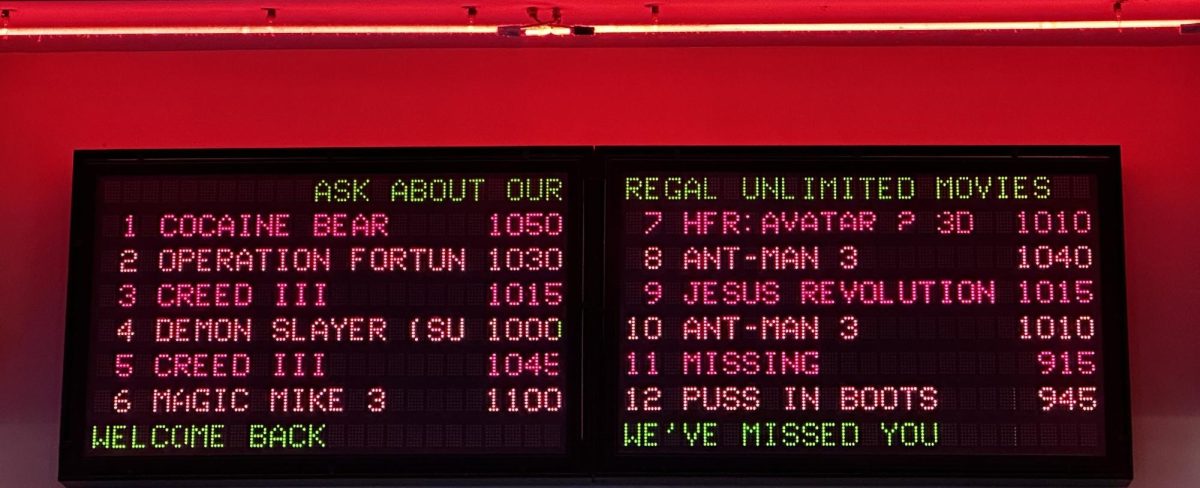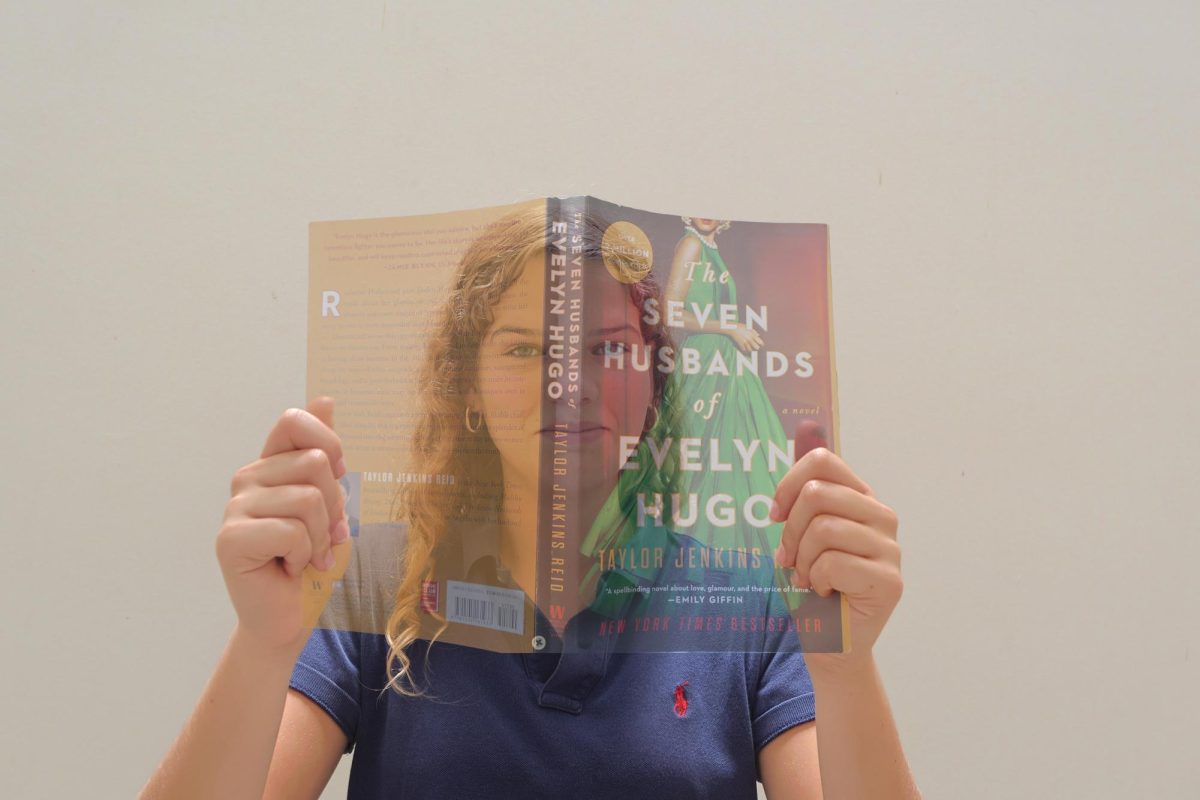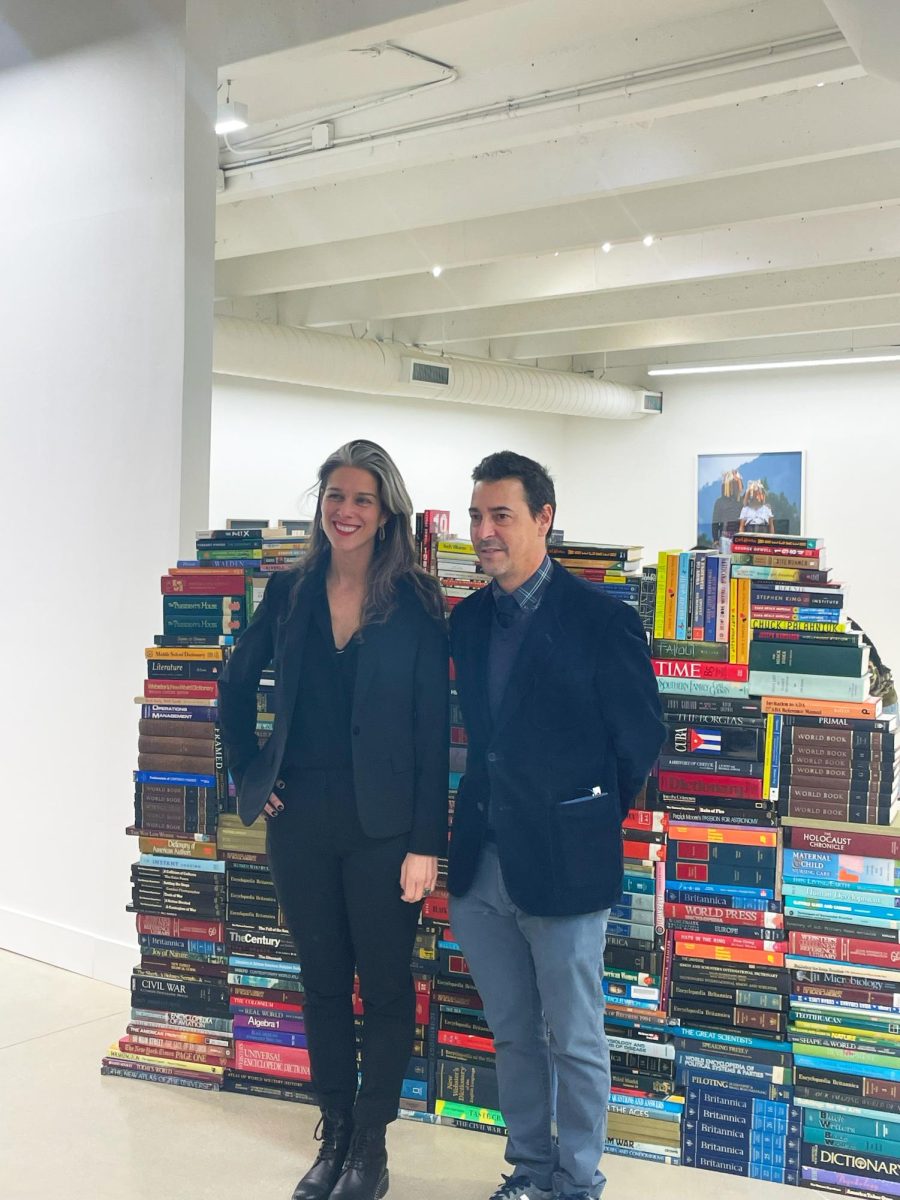“[Studios have to] walk that line between what’s popular, what will sell, and what’s good. And do those things always overlap? Sometimes they do and that’s why we have great films. Sometimes they don’t and that’s why we have ‘Transformers 9,’” Mr. Benjamin Yeo, History and Social Sciences Teacher, laughed.
From a remake of “The Exorcist” to “Fast X,” 2023 is full of remakes, sequels, and adaptations. 61 to be exact, if we’re counting (we are). The same happened in 2022 with “Pinocchio” (3 remakes released in the same year), and “Matilda the Musical” (2 film adaptations of a show with 1,555 performances). Oh, and don’t forget “West Side Story” from 2021, and the live-action remake of “Mulan” from 2020… You getting the point? It’s a problem. John Hughes—the fiercely original director of Ferris Bueller’s Day Off and The Breakfast Club—is already rolling in his grave. And it only seems to be getting worse.
Rotten Tomatoes says to get excited for 2023, I yawn. In the most anticipated films, we have, “‘Scream VI,’ ‘Mission Impossible 7’ starring Tom Cruise, ‘Wonka’ starring Timothée Chalamet–”
Gerry Mena ’24 shakes his head in disbelief. “Hell nah, is this real?”
I unfortunately answer in the affirmative.
Will I be watching ‘Wonka’ for Timothée? Yes.
Is that the point? Kinda.
“It all goes back to economics, unfortunately,” Liv Steinhardt ’23, The Catalyst’s resident film columnist, reflected. These are money grabs, safe bets, and definite profits, take out your thesaurus. Movies require budgets and executive producers who invest in the project. Studios, like every business, want profit. What’s better than guaranteed profit? Literally nothing. Maybe happiness, if we’re being philosophical, but there’s no time for Aristotle in capitalism.
“It’s a good move, business-wise,” Mr. Quincy Knowles, the Performing Art Facilities Technical Director at RE noted. “Because people, you know, hook onto a franchise, hook onto a storyline. What’s the point of going to the movies? You’re trying to remove yourself from your real environment and live in this fantasy.”
How can a studio prevent box office flops? By expanding an existing franchise, entertaining an established audience, and satiating the desire for that nostalgic sigh running through each generation who wants to escape in times of instability. Escapism, the beloved coping mechanism of many who may or may not be in denial, dominates our interest in selective genres.
“Fast X,” the 10th installment in a 22-year-long saga, has a budget of $340 million. Why? Because the Fast and Furious franchise has grossed $2 billion in its lifetime. It satisfies the audience. It is promising for studios. Great mix. The Marvel Cinematic Universe (MCU) franchise, with upcoming films “Guardians of the Galaxy Vol.3” and the recently released “Ant-Man 3,” has grossed $11 billion, with each project receiving an average budget of $200 million.
At the same time, Hollywood has more reason to pursue these safe bets than ever: not because people don’t watch movies, but because people watch too many movies on streaming platforms.
Movies do not stay in theaters for long anymore. They go straight to streaming services after two weeks, or never hit theaters and begin on HBO Max, Netflix, etc. For the average consumer, this isn’t always a good deal. *Insert bill statement from the countless streaming services you must subscribe to for your favorite movies and shows because studios buy film rights whenever.* Still, the appeal of streaming is obvious—and that’s part of the problem.
“Why pay however much you pay for a movie ticket, the concession stands, why pay that when you know in two weeks it’s going to be streaming where you can watch in the comfort of your home?” Dr. Joseph Marin, History and Social Sciences teacher at RE, noted.
Let’s look at our own theater. Cinépolis in Coconut Grove offers a single adult ticket for $17.00, bottomless popcorn for $10.00, and a bottle of water for $8.00. Forget dinner, the kids, and parking. Go to Publix, get that gallon of Coca-Cola, buy a few boxes of microwave popcorn, snuggle up on the couch, and subscribe to Netflix starting at $9.99/month.
“If the price were lower, I’d go [to the theater],” remarked Lael Sanders ’26.
Going to a movie theater has become a selective experience reserved only for the movies that audiences know they’ll enjoy in a theater. “Avatar: The Way of Water.” “Top Gun: Maverick.” Notice anything? Both are sequels. They are promises, and reliable for the audience. Expectations are set. You don’t have the same reaction for originals. They are risks.
So, is this partly our fault? That we consume remakes and don’t go to the movie theaters for originals?
Lael Sanders pumped her fist into the air. “Inflation!”
A lack of disposable income is also responsible for the empty seats. It’s become unaffordable for a family of four to go to the movies regularly. We can tie the epidemic of cash grabs to both ends, the consumer and the producer. We purchase what we know will satisfy. We are risk-averse. And that’s okay. But no risk at all ruins the fun, doesn’t it?
It’s arguable that streaming services have the potential to expose viewers to more original films than ever. “I will say though, I think streaming is a good way to become aware of original films. Because it says, if you like this title [here are] suggested titles,” Dr. Marin added.
At the same time, the binge culture that streaming services have created—and continue to cater to—offers just another point of evidence that attention spans are dwindling and risk-averse studios are catering to risk-averse consumers. “If anything,” said Steinhardt, “I think the quality of films on streaming services is getting somewhat worse because they are putting more money on these longer-running TV shows.” Why settle in for “The Irishman’s” intimidating three hour and 29 minute runtime when you could binge seasons 3 of “Outer Banks”—again?
Steinhardt continued, “With a movie you’re one and done. With a TV show, they want you to keep coming back for more.”
It is an endless loop. (Dr. Marin recommends watching “Looper,” BTW). A cycle between studios and the audience. What we want and what will sell. A forsaken merry-go-round.
One victim? 2022’s “Babylon.” The amazing cast includes Margot Robbie and Brad Pitt. Great score that received a Golden Globe. Terrible marketing that left the new film by Damien Chazelle (director of “La La Land” and “Whiplash”) bombing at the box office. The film took $80 million to make and made $3.5 million domestically in its first week (not good).
This failure could be attributed to bad marketing, especially a trailer that did not convey the movie’s premise or the characters apart from the fact that there is a big party. You just get a whole lot of Margot Robbie and trumpets. I wouldn’t have wanted to watch it either if I’d seen the trailer first.
Still, I can’t help but feel that this movie might’ve had a fighting chance in an era that wasn’t plagued by economic uncertainty and risk aversion. At the box office, “Babylon” was up against “Avatar: The Way of Water” and “Puss in Boots: The Last Wish.” See? No chance. But I recommend you check it out.
So where is the bottom line? We cannot simply blame studios, nor can we blame ourselves for not watching more originals. “Think of it, we’re creatures of habit. Look at our fashion, our fashion is repeating constantly. We are creatures of habit,” Mr. Knowles remarked.
But movies aren’t about habit, nor should they be about profit. That’s what businesses want. Cinema is risk. I ask you: Why try something original when we have safe bets? And I answer: Doses of risk in our lives are essential. Movies—works of art—offer us a vital and easy way to get those doses of risk. Find yourself in the world of another life and give your attention for the time being.
“I really appreciate these films where they’re not after the easy profit,” said Mr. Yeo. “They want to tell a story that demands something of the viewer, that you have to be thoughtful about.”
So, take a chance. Have fun with a weekend night and check out some new greats. Dr. Marin recommends “Logan Lucky” (2017). Izzy Chong says to check out “The Whale” (2022). Watch the trailer for “White Noise” (2022) if you’re feeling open-minded.
Martin Scorsese wrote an opinion editorial back in 2019 titled, “I Said Marvel Movies Aren’t Cinema. Let Me Explain.”
Scorsese argued that the tension between artists and those who run the business has become less productive, and finally non-existent. There are two separate fields of film now: Worldwide entertainment and cinema. Scorsese wrote, “I fear that the financial dominance of one is being used to marginalize and even belittle the existence of the other.”
The health of this medium lies in the hands of every original screenplay. Another “Pulp Fiction” won’t come from a CGI-induced remake. Think back to the last time you went to the movies. Think back to the last original you watched that you really enjoyed. Where are they?
“Well, I think just inherently anything that’s really worth doing is going to be boundary-pushing or, you know, you might have to get out of the safety zone to do something that ends up leaving a greater impact than something rehashed a million times. So, originality requires risk,” Mr. Nathan West, World Languages Teacher, said.
Dr. Marin sighed.
“Man, this is bumming me out.”







